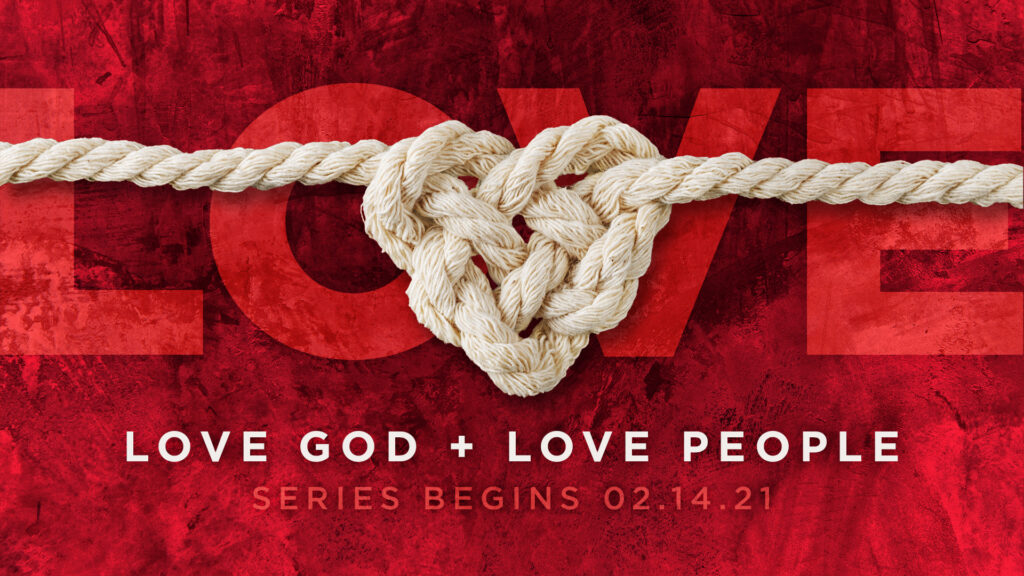Through Jesus, God’s Margin of Mercy Is Made Wider
Through Jesus, God’s Margin of Mercy Is Made Wider Red Rock News March 21, 2025 3rd Sunday in Lent Rev. Dona Johnson |March 23, 2025 “The Jesus in Luke 13 is not the person we want in the modern world,” writes Pastor Scott Hoezee author for Excellence in Preaching. He continues, “We want Jesus to be soft and light, kindness and grace where he can mingle into the marketplace of religions and religious figures pretty easily. Let charming parables and memorable phrases of love and the gathering of little children and everyone is fine with him.” But that is not the Jesus we get here in the second Sunday of Lent. Instead we get a serious Jesus issuing a few terse warnings. Pilate had killed Galileans because he thought they were rebelling against Rome. But they were only offering sacrifices in the temple. The Pharisees, who were opposed to using force to deal with Rome, believed the Galileans deserved to die because they rebelled. Jesus dismissed the idea that human fate and cruelties that befall us are God’s judgment on sinners and bad actors. Whether a person survives or does not survive a tragedy or crisis is not an indicator of his or her righteousness. One very harmful temptation for those who are self-righteous is to blame someone’s suffering on their sin. Jesus would have none of that bad theology. Instead, Jesus points out everyone’s need for repentance. One temptation of many of us is that we put sin into categories or degrees of sin from the big and serious to the smallest and incidental. But this type of thinking is flawed. Sin is sin. It’s so easy to relax our guard on judging the sins of others. When we fear or feel troubled by the personalities, behaviors and the suffering of others, or by the beliefs and doctrines they practice, it creates in us an unsettled anxiety, so we judge them and put them into camps. I am in and you are out. In other words, my sin is ok because it’s a small sin and your sin is not for it is quite sizable. So, that makes you the bad person and I am a better person. You’ve heard the well-known saying, “There but for the grace of God go I.” As legend has it, the pious martyr John Bradford uttered the expression using his own name when seeing criminals being led to their death, realizing it could be him. Sadly, he didn’t escape such a fate for long: He was burned at the stake in 1555. Thus, like Bradford’s revelation, Jesus warns us that if we judge the sins of others and yet do not use the same critical voice on ourselves, we are making a crucial mistake. Every Christian is in need of repentance. Jesus closes his message with a parable of hope. There was a vineyard owner who wanted to cut down a sterile fig tree for it was not producing fruit. But the gardener advised him to give it more time, cultivate it, pay it special attention and wait a year. In other words don’t rush to judgment. For those eager to judge others as more deserving of God’s judgment than themselves, Jesus insists the unrepentant have escaped judgment not because of their relative sanctity—righteous piety, but through Jesus God’s margin of mercy is made wider. Judgment is coming for all people. Perhaps the ax will strike the fig tree today. Maybe it will get a reprieve of a year or so. Jesus uses a temporal example to relate an eternal, spiritual eventuality. Repent. Or else. Trust his righteousness instead of your own. Turn back to God’s counsel. Hear what the Lord will speak. Believe. Despite the fig tree’s history of sterility, there is always the hope that things can change, faith can grow, an obedience to God’s purposes can take root which brings to each of us clemency. Rev. Dona Johnson |March 23, 2025
Through Jesus, God’s Margin of Mercy Is Made Wider Read More »










